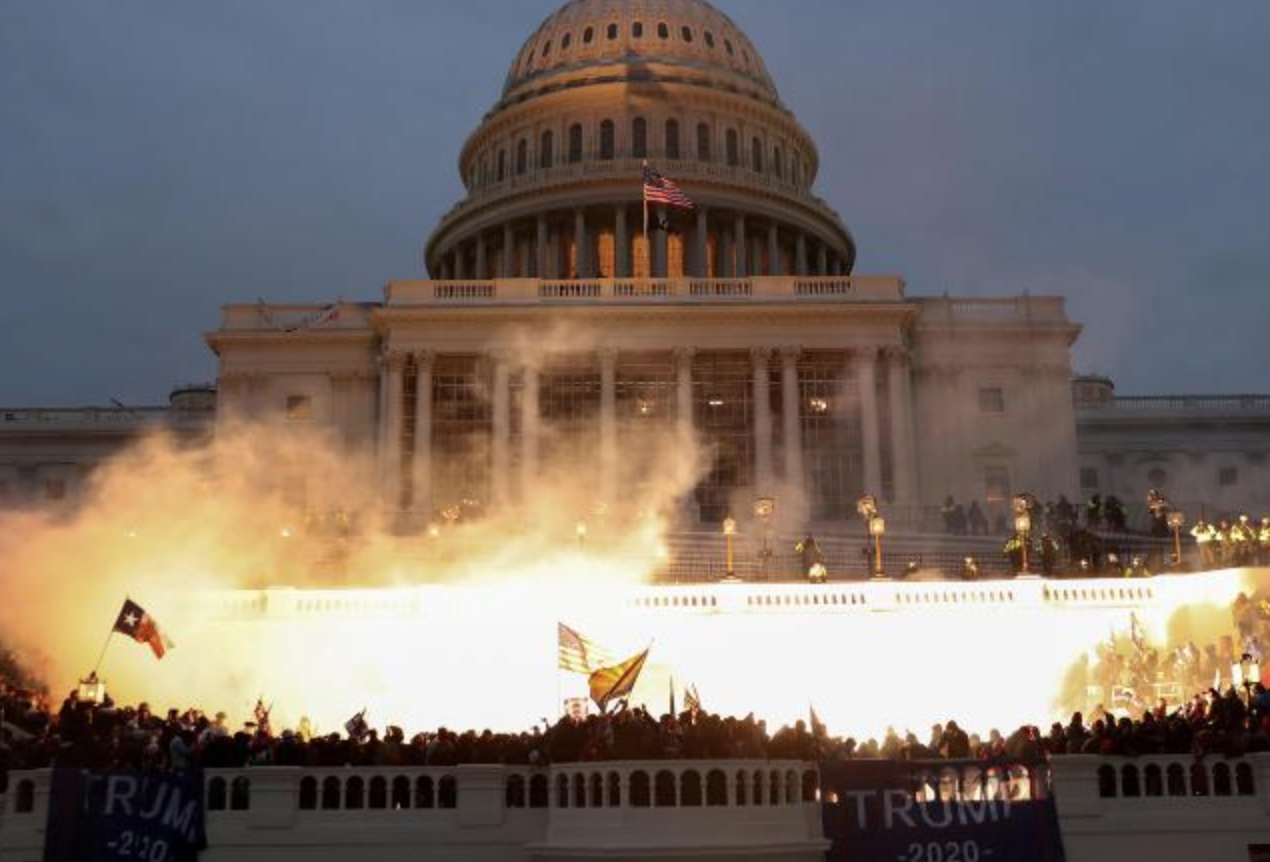It’s bizarre to even type these words, but the COVID-19 pandemic began almost five years ago in the United States. Lockdowns were instituted in March of 2020.
That’s such a weird time capsule for lots of us. I know that we all could write a book about the emotions we experienced and how that period of social isolation impacted our lives.
But, I’m a social scientist, and for all the death and destruction that COVID-19 brought to the United States and every other country on Earth, it also gave us a tremendous window into how folks handled mental stress in near real time.
In fact, the Pew Research Center put a poll into the field in late March of 2020. That was less than a week after many states began to shut down schools and businesses as a mitigation strategy for the spread of COVID-19. They made the data publicly available for download.
I was reading Jonathan Haidt’s Substack over the break, specifically this post: “Why the Mental Health of Liberal Girls Sank First and Fastest.” He highlights a specific question, “Has a doctor or healthcare provider EVER told you that you have a mental health condition?” His post is mostly about topics like gender, age and partisanship.
However, the Pew poll also asks about religion — so let’s get to digging.
I broke the sample down into liberals, moderates and conservatives and then again by larger religious tradition. Here’s the share who said that they had been diagnosed with a mental health condition.










